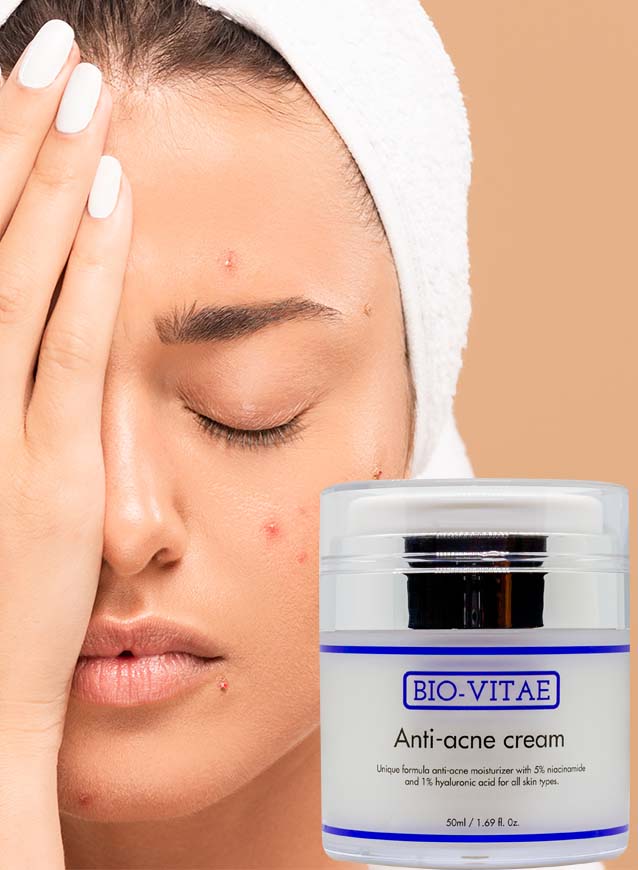Symptoms of psoriasis

Psoriasis is a chronic skin condition that affects around 2-3% of the population. It appears as red, scaly patches on the skin that can be painful and itchy. The condition is caused by an error in the body's immune system that causes the skin cells to grow faster than normal.
Symptoms of psoriasis can vary in severity and extent, but the most common signs include:
- Red, scaly patches on the skin
- Itching and pain in the affected areas
- Dandruff or crusting on the skin
- Sore or bleeding skin when scratching or scratching
- Thicker and more sensitive skin on the affected areas
The causes of psoriasis are not fully understood, but it is believed that a combination of genetic factors, environmental factors and a malfunction of the immune system play a role. There is no cure for psoriasis, but treatments can help relieve symptoms.
Treatment of psoriasis may include a combination of over-the-counter or prescription medications, physical therapy, and lifestyle changes. Over-the-counter treatments include creams, lotions, and ointments that contain ingredients such as salicylic acid, potassium hydroxide, or urea. Prescription medications include systemic medications that are taken orally or injected, and topical treatments that are applied to the skin. Physical therapy includes baths with sea salt, UV treatment and physiotherapy.
Lifestyle changes that can help relieve the symptoms of psoriasis include a balanced diet, regular exercise, and stress reduction. Many people with psoriasis find that certain foods, such as alcohol, sugar and gluten, make their symptoms worse, so avoiding these foods can be helpful.
It is important to talk to a doctor about the treatment options for psoriasis, as there are a number of options that may be effective for the individual. Treatment will depend on the severity of the condition, the individual's symptoms and other medical conditions.








